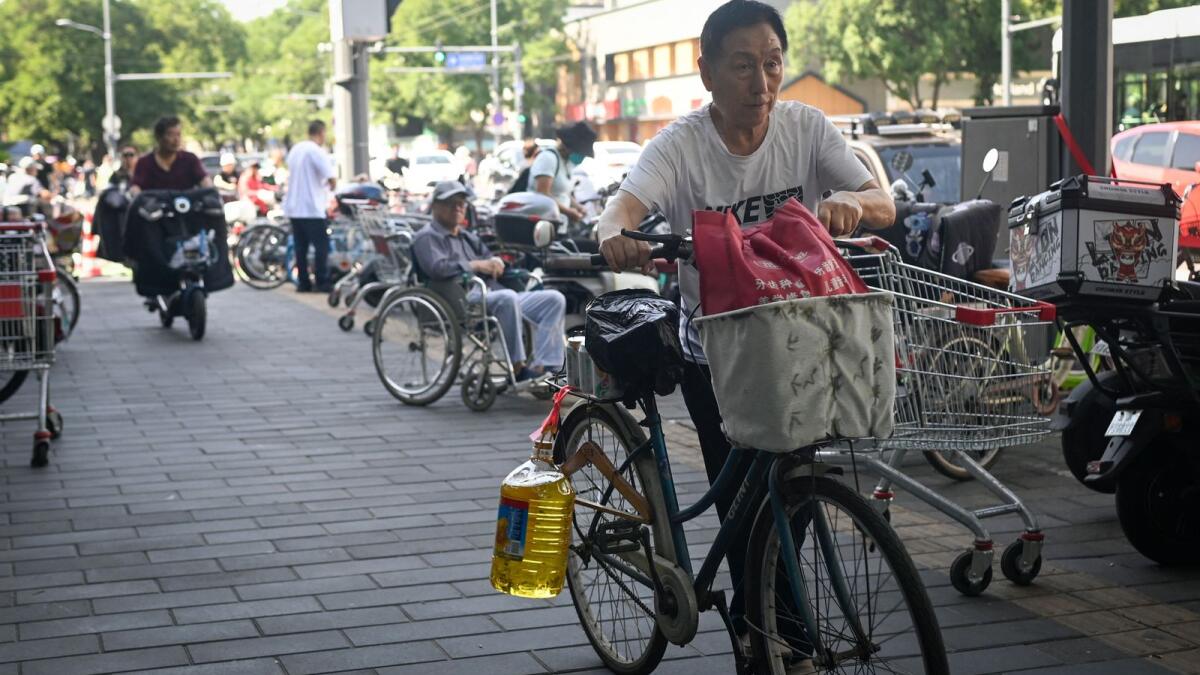China is currently facing a major scandal related to cooking oil transportation, with reports suggesting that edible cooking oil is being transported in tanker trucks that previously held coal oil, without any cleaning in between journeys. This revelation has sparked outrage among the Chinese public, who are already wary of food safety issues in the country. The practice of using the same tanker trucks for transporting both coal oil and cooking oil is seen as a cost-cutting measure by truck drivers facing stiff competition. However, experts warn that long-term consumption of coal oil, which contains hydrocarbons, can lead to poisoning.
In response to the scandal, the Chinese authorities have pledged to crack down on the illicit practice, with the central government announcing an investigation into the matter. In recent years, Beijing has made efforts to strengthen food safety regulations and rebuild public trust in the wake of several high-profile food scandals. These include the 2008 incident where melamine-adulterated milk led to the deaths of six infants and the poisoning of hundreds of thousands of children. More recently, in 2022, a pork-processing company was exposed for unhygienic practices, and a video showing a Tsingtao beer factory employee urinating on raw ingredients went viral.
Social media users in China have expressed outrage over the latest cooking oil contamination scandal, with many citing a lack of trust in the food industry due to repeated incidents of food safety negligence. There are calls for a swift and transparent investigation by authorities to provide a clear explanation of the situation. Concerned individuals are unsure about which oil products are safe to purchase, given the prevalence of such scandals. The public’s distrust in the food industry is evident, as highlighted by comments on social media platforms like Weibo, where users express their shock and concern over the recurring food safety issues in the country.
The recent scandal involving the transportation of cooking oil in tanker trucks previously used for coal oil is just the latest in a series of food safety incidents that have plagued China in recent years. The widespread fear and mistrust of food products among the Chinese public have been exacerbated by these incidents, leading to calls for stricter regulations and stronger enforcement measures to ensure the safety of food products in the country. The Chinese government’s response to the scandal, including launching an investigation, is a step in the right direction, but more needs to be done to rebuild public confidence in the food industry and prevent similar incidents in the future.
Efforts to tighten food safety regulations and improve public trust in the food industry will be crucial in addressing the ongoing challenges related to food safety in China. The government must work closely with industry stakeholders to implement robust monitoring and enforcement measures to prevent the contamination of food products and ensure the safety of consumers. Transparency and accountability are key in restoring public confidence in the food industry, and authorities must be proactive in addressing any lapses or violations that compromise food safety standards. By taking decisive action to prevent future incidents, China can begin to rebuild trust in its food supply chain and protect the health and well-being of its citizens.











